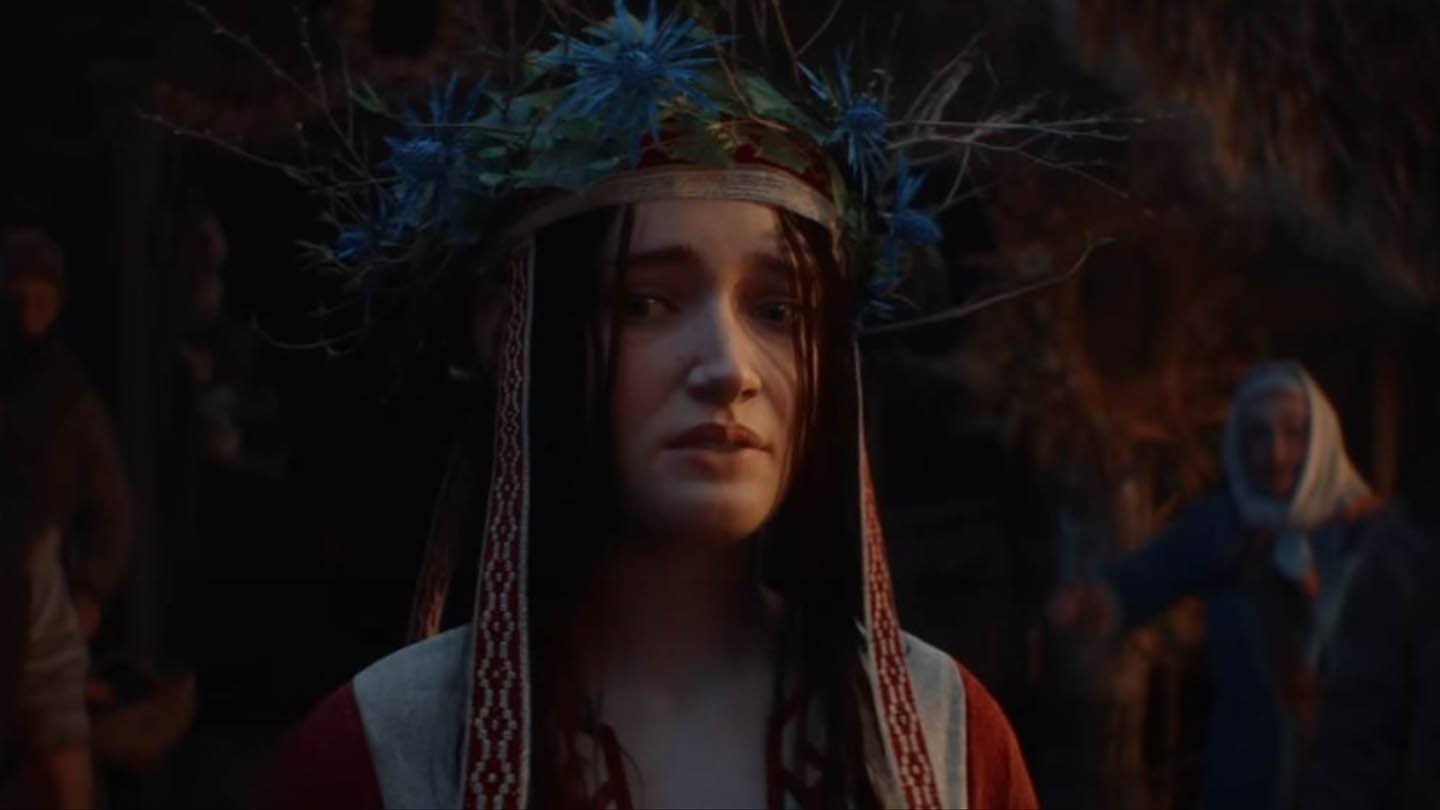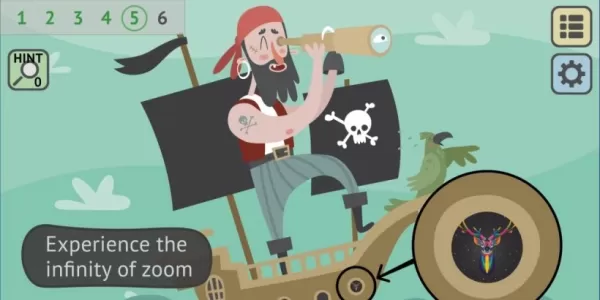
Daniel Vávra, creator of the Kingdom Come trilogy and Warhorse Studios co-founder, has voiced strong criticism of Unreal Engine, claiming its limitations hinder the development of complex, open-world games. He suggests this engine's shortcomings are a significant factor in The Witcher 4's reported troubled production.
Vávra contends that while Unreal Engine excels in creating environments like deserts and rocky landscapes, its handling of vegetation, particularly trees, has historically been problematic. He points out that Nanite technology, while visually impressive, struggles to effectively render extensive plant life.
According to Vávra, who cites a conversation with a CD Projekt Red employee, scenes that ran smoothly on CD Projekt Red's REDengine have presented significant challenges in Unreal Engine, contributing to the game's reported development difficulties.
Vávra questions CD Projekt Red's decision to switch to Unreal Engine, given their established and reportedly effective REDengine, noting that most open-world game developers utilize proprietary engines for this very reason.
He also highlights the high system requirements of Unreal Engine, stating that the stunning visuals it produces demand expensive high-end PCs, potentially excluding a significant portion of the player base.
Despite being released several years ago, Kingdom Come: Deliverance continues to captivate players with its medieval Bohemian setting. The highly anticipated sequel, launching February 4th, promises to continue Indřich's story with enhanced graphics, refined combat, and a historically rich narrative.
This article summarizes the latest information on the upcoming release, including system requirements and estimated playtime. We will also provide download instructions upon the game's release, ensuring you're among the first to experience its medieval atmosphere.









